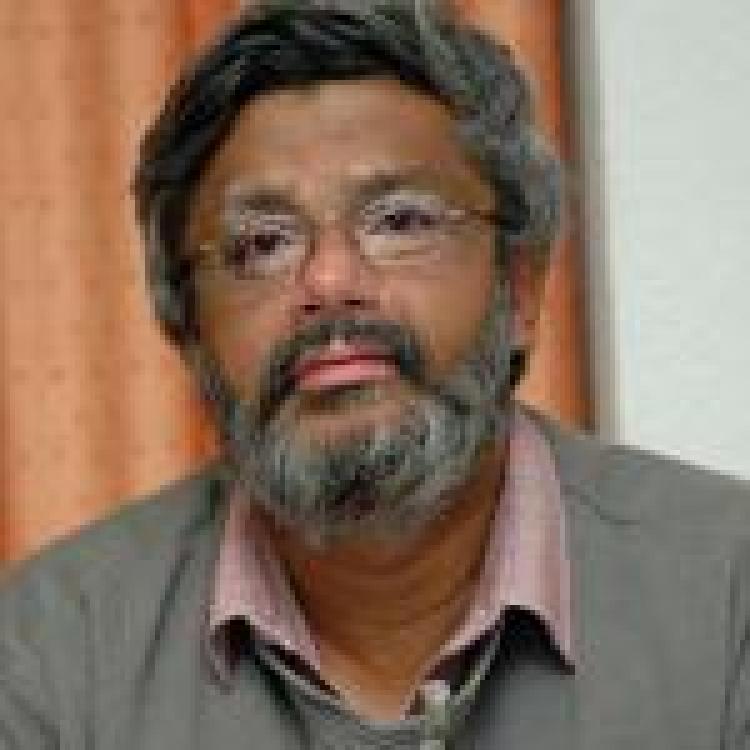.jpeg)
A staunch supporter of Eelam Tamil aspirations and an unwavering voice for those who fought for freedom and safety for asylum seekers, Viraj Mendis was laid to rest in Germany this week.
A staunch supporter of Eelam Tamil aspirations and an unwavering voice for those who fought for freedom and safety for asylum seekers, Viraj Mendis was laid to rest in Germany this week.
Family, relatives, refugees, and human rights activists alike from around the world made their way to Bremen in northwest Germany to pay their last respects.
.jpeg)
In the UK, he was actively engaged in politics and passionately advocated for the rights of the Tamil people, despite being of Sinhalese heritage. He also participated in anti-deportation campaigns, collaborating with others to successfully prevent the removal of around Tamils from the UK.
Mendis first came to Britain in 1973 to study engineering at the University of Manchester Institute of Science and Technology (UMIST). As a student, he was actively involved in fighting various deportations of asylums seekers.
.jpeg)
Yet in 1984, Mendis was served with a deportation order by British authorities. After his final appeal was denied, despite a defence campaign by his supporters, he sought sanctuary at the Church of the Ascension in Hulme. On December 20, 1986, he entered the church, where he would remain for the next 760 days, garnering national media attention.
His campaign ultimately failed and on January 18, 1989, Mendis was forcibly removed from the church and deported to Sri Lanka. The next year, he was granted asylum in Bremen, Germany, where he spent the following 30 years living with his partner.
In 2019, the Sri Lankan government added him to their list of known “terrorists” in an updated gazette notification.
“The listing by the Sri Lankan State of someone whose real crime has been to campaign strenuously against the criminalisation of the Tamil struggle, shows an escalation in political repression,” Mendis told the Tamil Guardian at the time.
“The continuation of the criminalisation of the oppressed (Tamils) by the oppressor (Sinhalese) – portraying those who are victims of a greatest injustice (Genocide) as being the real criminals – continues to this day. The Tamil people’s resistance movement (the LTTE) that fought against the genocidal attack is still characterised as terrorist. Tamils who collected money in the Diaspora to send to their homeland are themselves called terrorists. So, characterising a Sinhalese progressive who strenuously challenges this narrative as being also a terrorist is only an extension of this monstrous state of affairs.”
Tributes to Mendis were held around the world, including in Canada and across the Tamil homeland.
Tributes in Jaffna last week.

.jfif)
.jfif)
